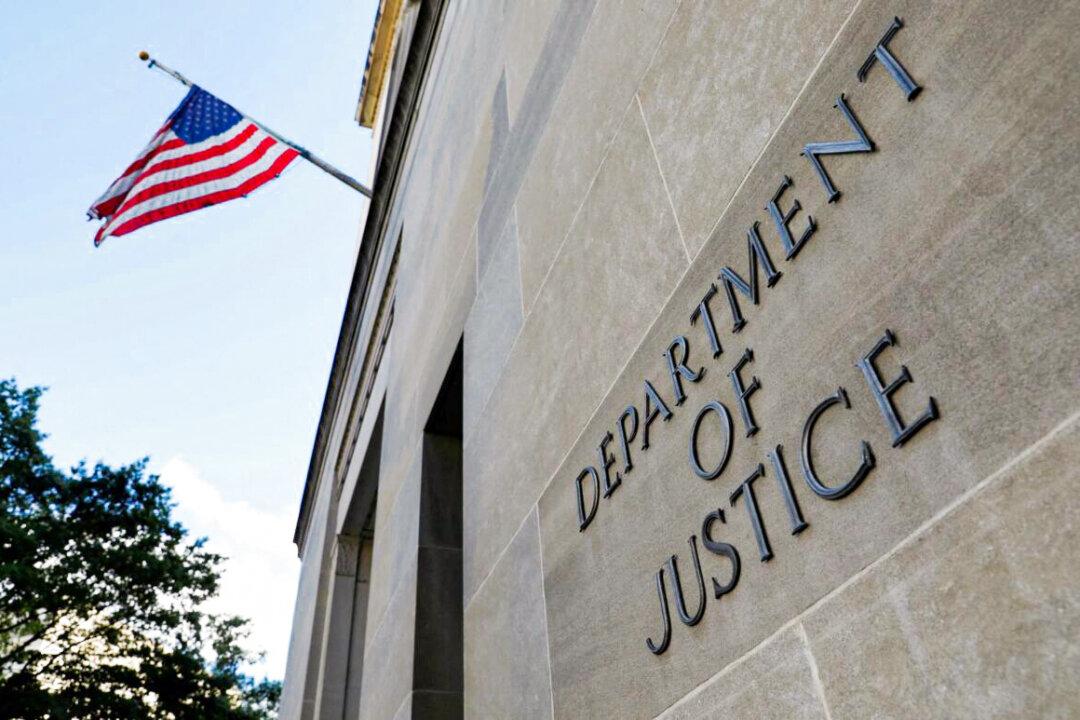A federal jury on May 4 found an Illinois math professor guilty of failing to disclose a foreign bank account but dismissed grant fraud charges, the latest conviction stemming from a crackdown on Chinese influence in U.S. research launched by the Trump administration.
Xiao Mingqing, a Southern Illinois University (SIU) Carbondale professor, was convicted on four counts of violating tax laws by failing to report to U.S. authorities a Chinese bank account created to support his research collaborations in China.




